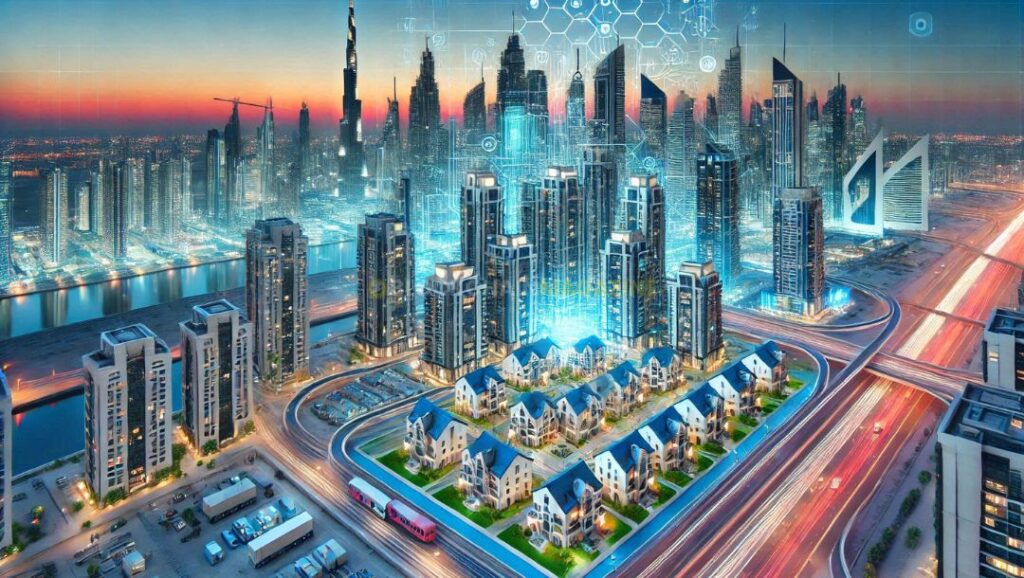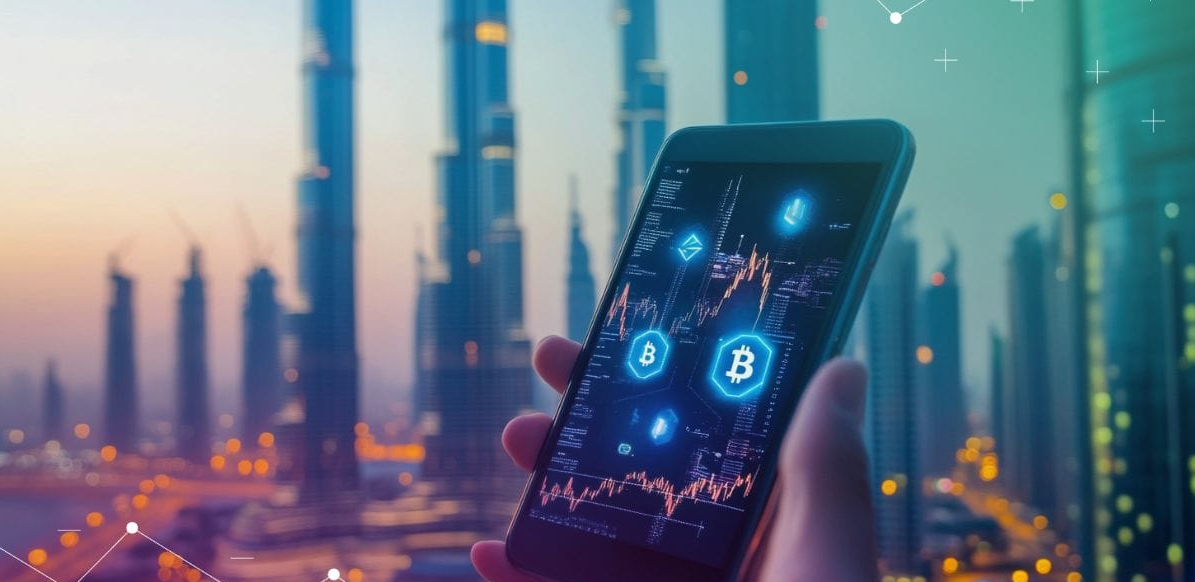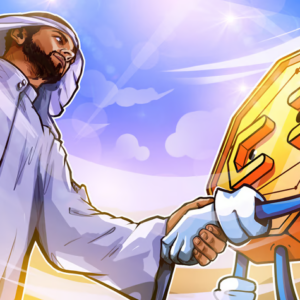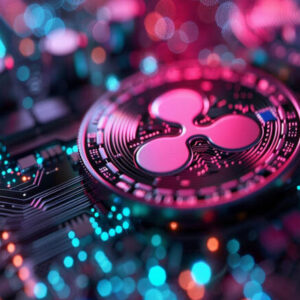Revolutionizing Dubai Real Estate with Blockchain Technology
Dubai’s real estate market is buzzing with innovation, and blockchain is taking center stage. No longer confined to cryptocurrencies, blockchain technology is transforming how properties are bought, sold, and managed in the city. From faster transactions to increased security and accessibility, this groundbreaking tech is redefining the property sector.
In this article, we’ll dive into how blockchain is reshaping Dubai’s real estate landscape—covering everything from smart contracts to sustainable practices.
Key Highlights:
- Transparency: Blockchain makes property transactions in Dubai more reliable and secure.
- Efficiency: Smart contracts automate processes like lease agreements, simplifying property management.
- Accessibility: Tokenization enables fractional ownership, opening investment opportunities for everyone.
- Security: Decentralized identity solutions enhance verification processes for tenants and investors.
- Sustainability: Blockchain helps monitor carbon emissions and promotes eco-friendly building practices.
How Blockchain is Transforming Dubai’s Real Estate
1. Building Trust and Transparency
Traditional property transactions often involve extensive paperwork and intermediaries, leading to inefficiencies and potential inaccuracies. Blockchain eliminates these hurdles by maintaining an unalterable public ledger, ensuring every detail is accessible and secure. Buyers and sellers can transact confidently, knowing the risk of fraud is significantly reduced.
2. Accelerating Transactions
In Dubai’s fast-paced real estate market, time is of the essence. Blockchain technology, through platforms like PropiChain, uses smart contracts to automate processes. These digital agreements execute themselves once predetermined conditions are met, drastically reducing the time required to finalize property deals. What once took weeks can now be completed in days.
3. Boosting Investor Confidence
Investors rely on transparency and accuracy, and blockchain delivers both. By providing a clear record of property ownership and transaction history, blockchain removes uncertainties that often deter investments. This fosters confidence, attracting both local and international investors to Dubai’s booming real estate market.
Smart Contracts: Revolutionizing Property Management
1. Simplifying Lease Agreements
Gone are the days of manual rent payments and lengthy agreements. Smart contracts automate lease terms, ensuring payments are processed on time without the need for reminders. This streamlines property management, saving time and cutting administrative costs.
2. Ensuring Compliance
Smart contracts also enhance compliance by automatically updating and recording changes, such as lease renewals or maintenance requests. With an immutable record on the blockchain, disputes are minimized, and all transactions remain transparent.
3. Enabling Real-Time Payments
Smart contracts facilitate instant payments, improving cash flow for landlords and ensuring timely distribution of funds to stakeholders like property managers or maintenance teams.
Tokenization: Redefining Real Estate Investment
1. Embracing Fractional Ownership
Tokenization allows investors to purchase shares of a property rather than the entire asset. For instance, a $500,000 property can be split into tokens, enabling multiple investors to own a percentage. This lowers barriers to entry and makes real estate more accessible.
2. Attracting Global Investors
By breaking geographical barriers, tokenization enables investors worldwide to own a piece of Dubai’s iconic skyline or luxury beachfront properties, expanding market reach.
3. Simplifying Investment Processes
With tokenization, investors can avoid complex paperwork and large upfront costs, making the process seamless and more inclusive.
Sustainable Development Through Blockchain
1. Monitoring Carbon Emissions
Blockchain integrates with IoT devices to track carbon emissions during construction, ensuring sustainable practices are followed. This data is recorded immutably, supporting Dubai’s vision for eco-friendly urban development.
2. Promoting Green Building Practices
Buildings equipped with blockchain-enabled systems can monitor energy usage and reward occupants for conservation efforts, paving the way for cost-effective and environmentally friendly living.
3. Supporting Smart City Initiatives
From urban planning to public services, blockchain streamlines operations in smart cities, ensuring transparency and efficiency in every aspect of urban development.
Cross-Border Transactions Made Easy
1. Lower Costs
By eliminating intermediaries, blockchain reduces the costs associated with international real estate deals, making cross-border transactions more affordable.
2. Faster Settlements
Blockchain accelerates property transactions, allowing deals to close in days instead of months, thanks to automated processes and transparent systems.
3. Enhanced Security and Compliance
With a permanent record of every transaction, blockchain ensures compliance with regulations, minimizing risks associated with fraud or money laundering.
Challenges and Opportunities
1. Bridging the Tech Gap
Adopting blockchain requires investment in infrastructure and training, but the long-term benefits of efficiency and transparency outweigh the initial hurdles.
2. Navigating Regulations
While legal frameworks are still catching up with blockchain advancements, increased adoption is likely to bring regulatory clarity, benefiting the industry as a whole.
3. Encouraging Collaboration
The true potential of blockchain can be unlocked through collaboration among developers, investors, and stakeholders, fostering innovation and inclusivity in the market.
Conclusion
Blockchain technology is reshaping Dubai’s real estate sector, driving transparency, efficiency, and accessibility. From tokenization to smart contracts and sustainable development, this technology is setting new standards for property transactions. As Dubai continues to embrace innovation, it solidifies its position as a global leader in real estate. The future of property investment and management is here, and blockchain is at its core.




